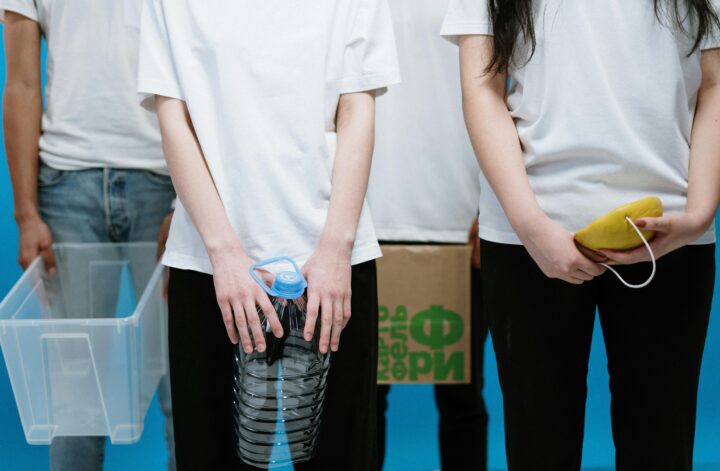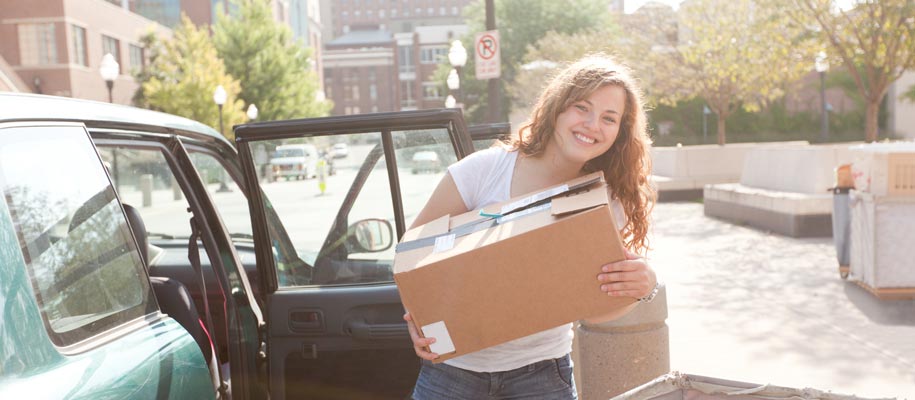In 2024, the urgency of environmental conservation is more pressing than ever. With climate change, plastic pollution, and resource depletion at the forefront of global concerns, parents today are looking for ways to raise their children in an eco-friendly manner. Sustainable parenting isn’t just about making greener choices; it’s about instilling values that will guide the next generation toward a more responsible and sustainable future. This blog post will explore practical, sustainable choices you can make for your family this year, from eco-conscious product selections to everyday habits that reduce your carbon footprint.
1. Mindful Consumption: Buying Less, Choosing Better
One of the core principles of eco-friendly living is mindful consumption. In a world dominated by fast fashion and disposable products, it’s easy to accumulate things we don’t need. For parents, this often means an overwhelming amount of baby gear, toys, and clothing that quickly become obsolete as children grow.
In 2024, consider adopting a minimalist approach to parenting. Buy only what you truly need and opt for high-quality, durable products that can be reused, repurposed, or passed on. Instead of buying new, explore second-hand stores, online marketplaces, and community swaps. Not only does this reduce waste, but it also saves money and teaches your children the value of reusing and recycling.
2. Sustainable Baby Gear
Babies require a lot of gear, but many eco-friendly options are now available to parents. From cloth diapers to sustainably-made strollers, you can make choices that have a lower environmental impact.
Cloth Diapers: Disposable diapers are a significant contributor to landfill waste, with billions thrown away each year. Cloth diapers are a reusable alternative that, although requiring more effort, can significantly reduce your family’s waste. Modern cloth diapers are designed to be easy to use, with adjustable fits and absorbent materials that keep your baby comfortable.
Eco-Friendly Feeding: Whether you’re breastfeeding or using formula, there are sustainable choices to consider. Glass baby bottles are a great alternative to plastic ones, and many companies now offer organic, sustainably-sourced formulas. If breastfeeding, look for reusable nursing pads made from organic cotton instead of disposable ones.
Second-Hand Gear: When it comes to big-ticket items like cribs, strollers, and high chairs, buying second-hand is a great option. Not only does this reduce waste, but it also gives these items a second life. Just be sure to check for recalls and safety standards when purchasing used baby gear.
3. Eco-Friendly Toys and Clothing
The toy and fashion industries are notorious for their environmental impact, from the resources required to produce goods to the waste generated by outgrown or broken items. In 2024, more companies are focusing on sustainable production practices, making it easier for parents to find eco-friendly options.
Sustainable Toys: Look for toys made from natural materials like wood, organic cotton, or recycled plastic. Avoid cheap, plastic toys that are likely to break and end up in the trash. Instead, invest in high-quality toys that are designed to last and can be passed down to younger siblings or other families. Many brands now offer eco-friendly toys that are not only sustainable but also safe and non-toxic for your little ones.
Clothing Choices: Fast fashion contributes to massive environmental degradation, with clothing production accounting for a significant percentage of global carbon emissions. For children’s clothing, consider buying fewer, higher-quality items made from sustainable materials like organic cotton, bamboo, or recycled fabrics. Additionally, buying second-hand or participating in clothing swaps can further reduce your family’s environmental footprint. When clothes are outgrown, donate them or pass them on to another family to keep them in use.
4. Green Home Practices
Your home environment plays a big role in your family’s sustainability. From energy consumption to waste management, there are several ways you can make your household more eco-friendly in 2024.
Energy Efficiency: Reducing your home’s energy consumption is one of the most impactful ways to lower your carbon footprint. Simple actions like switching to LED bulbs, using energy-efficient appliances, and properly insulating your home can make a big difference. Teach your children the importance of turning off lights when they leave a room and unplugging devices when they’re not in use.
Waste Reduction: Implementing a robust recycling system in your home is crucial, but reducing waste at the source is even better. Avoid single-use plastics, opt for reusable containers and bags, and compost food scraps to minimize what ends up in the landfill. Engaging your children in recycling and composting can be a fun and educational way to teach them about the environment.
Natural Cleaning Products: Many conventional cleaning products contain harsh chemicals that can be harmful to both the environment and your family’s health. In 2024, consider switching to natural, non-toxic cleaning products that are biodegradable and safe for use around children. You can also make your own cleaning solutions using ingredients like vinegar, baking soda, and essential oils.
5. Sustainable Eating Habits
Food production is a major contributor to environmental issues, from deforestation to water usage and greenhouse gas emissions. By making more sustainable food choices, you can significantly reduce your family’s environmental impact.
Plant-Based Meals: Incorporating more plant-based meals into your family’s diet is one of the most effective ways to lower your carbon footprint. Even reducing meat consumption a few times a week can make a big difference. Explore new plant-based recipes and involve your children in cooking to make it a fun, family activity.
Locally-Sourced and Organic Foods: Support local farmers and reduce your food’s carbon footprint by choosing locally-sourced, organic produce. Farmers’ markets are a great place to find fresh, seasonal fruits and vegetables. Teaching your children where their food comes from can help them develop a deeper appreciation for the environment.
Reducing Food Waste: Food waste is a major issue, with a significant percentage of the food produced globally going to waste. Plan your meals, use leftovers creatively, and involve your children in meal preparation to reduce waste. Composting food scraps is another excellent way to reduce waste and create nutrient-rich soil for gardening.
6. Teaching Eco-Friendly Values
Raising environmentally conscious children is about more than just making green choices; it’s about instilling values that will last a lifetime. In 2024, make it a priority to educate your children about sustainability and the importance of protecting the planet.
Lead by Example: Children learn by observing their parents. Show them the importance of eco-friendly living by practicing what you preach. Whether it’s recycling, conserving water, or choosing sustainable products, your actions will speak louder than words.
Educational Activities: Engage your children in activities that teach them about the environment. This could be as simple as starting a garden together, participating in a local cleanup, or visiting a nature reserve. There are also many educational books and games that focus on environmental themes, making learning fun and interactive.
Open Conversations: Talk to your children about environmental issues and the importance of sustainability. Explain the reasons behind your choices and encourage them to ask questions. This will help them develop a deeper understanding of the impact their actions have on the world.
Conclusion
Eco-friendly parenting in 2024 is about making thoughtful, sustainable choices that benefit both your family and the planet. By adopting a mindful approach to consumption, choosing sustainable products, and instilling eco-friendly values in your children, you can raise a generation that is better equipped to face the environmental challenges of the future. Every small step counts, and by making these changes today, you’re contributing to a healthier, more sustainable world for your children and generations to come.




